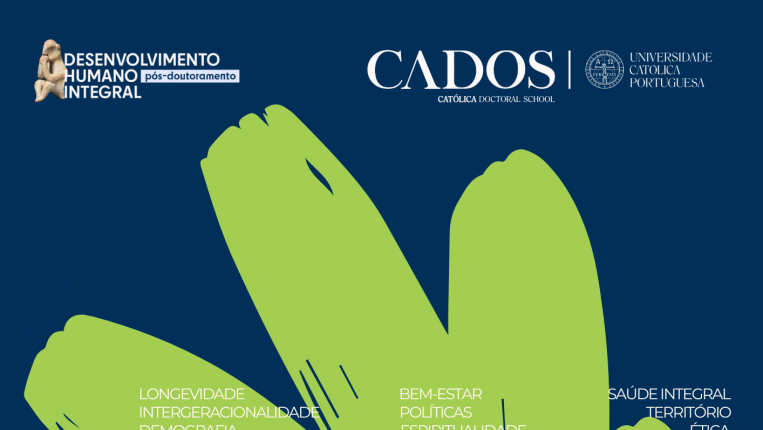Abstract
In 1946, Ferreira de Castro published a novel titled “A Lã e a Neve”, which recounts the lives of textile factory workers in Covilhã, Portugal, during the Second World War. Covilhã, a small city near the Serra da Estrela mountain range became, starting with the opening of the Royal Cloths Factory in 1764, the center of the Portuguese textile industry. However, since the mid-1970’s, with the precipitous decline of textile manufacturing, the city has suffered economic hardship and has transformed itself into both a tourist destination and a university city, being the home of the University of Beira Interior. This article seeks to describe the harsh reality of poverty in Covilhã, as portrayed in de Castro’s novel – this definition of poverty covers poverty in all its senses, both geographic and industrial, but also spiritual – and proposes that poverty, as represented in the novel, is not analogous to poverty in the contemporary world, at least in economically developed nations. Instead, the poverty of modern man is a spiritual one, as described by Neil Postman in his book Technopoly, where the avantgarde has failed to provide meaning to man and instead culture has surrendered itself to technology, or in the case of Covilhã, a potentially permanent decline. Contemporary poverty is a new form of poverty – post-industrial, post-modern, and spiritual.
Biographic note
Raphael Jeremias was born in Brazil but grew up in Canada. He completed an Honors Bachelors in Classical Studies from the University of Toronto in 2020 and a Masters from the University of Lisbon in Literatures, Cultures, and Modern Arts in 2023. His Masters thesis analyzed the Mozambican literary canon and, following surrealist philosophy, proposed an inclusive framework for its redesign. Raphael Jeremias is currently working on his PhD in Literatures, Cultures and Modern Arts at the University of Lisbon. His research interests include but are not limited to: contemporary African literature, aesthetic philosophy, and postmodernism.
University of Lisbon, Faculty of Letters (Faculdade de Letras da Universidade de Lisboa)
rj3@edu.ulisboa.pt



